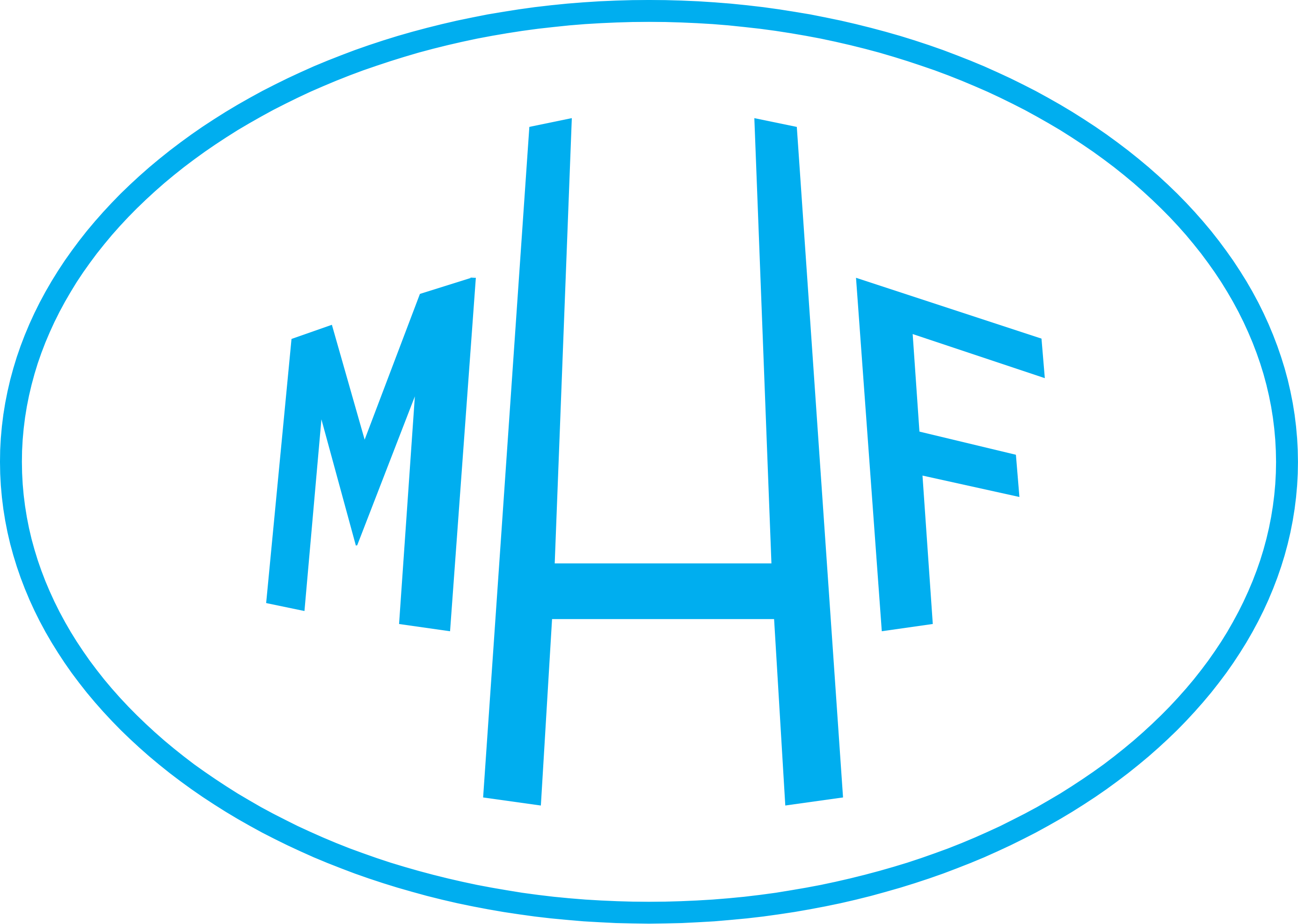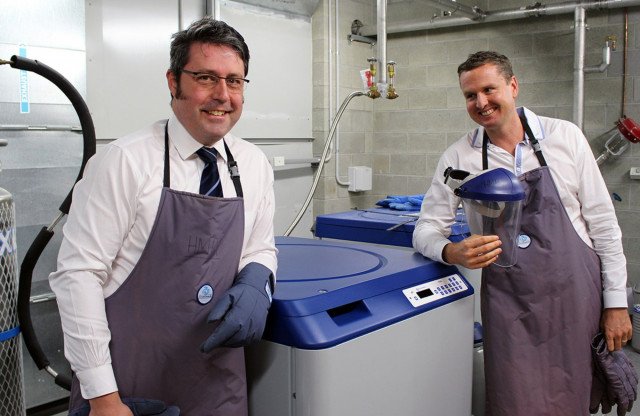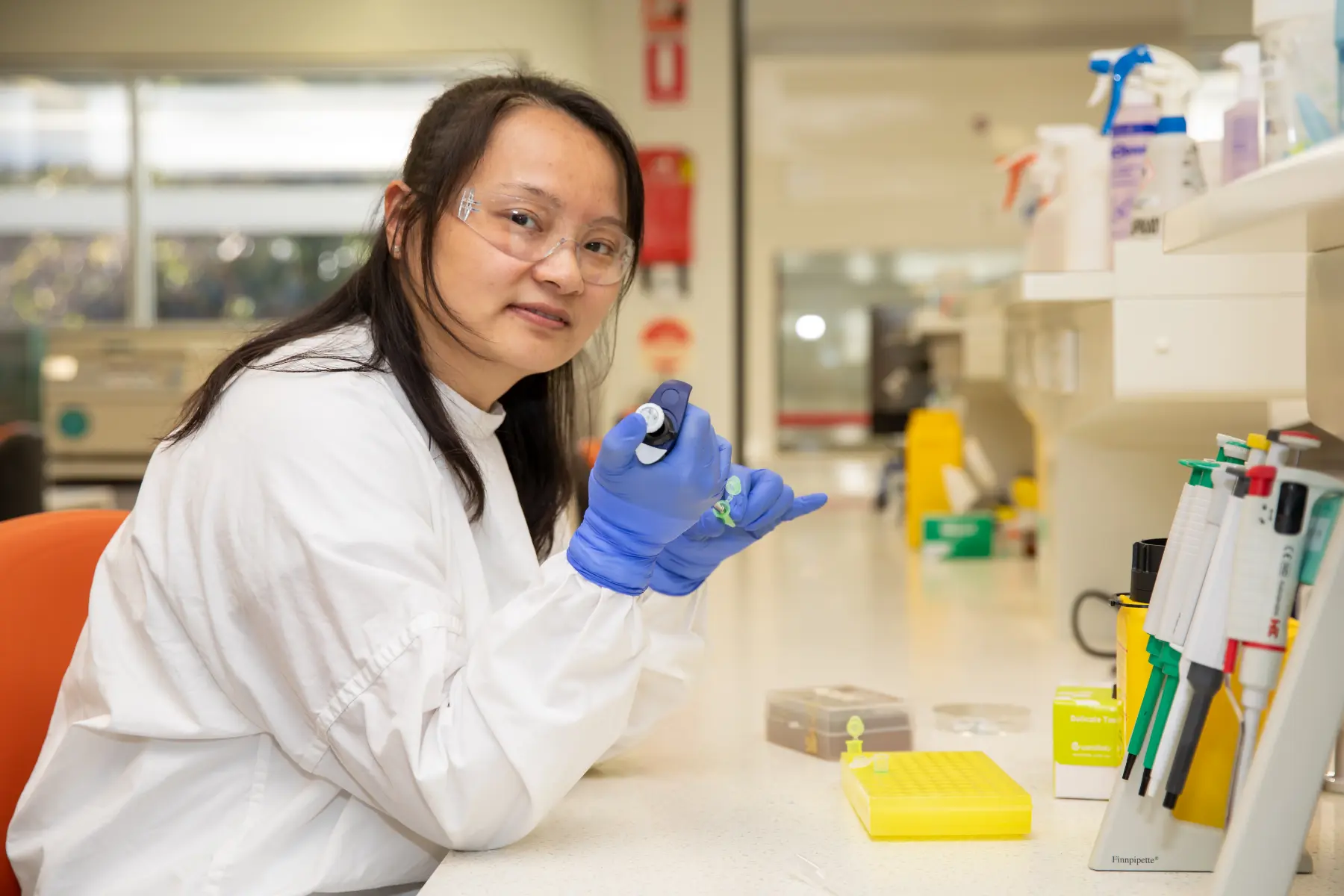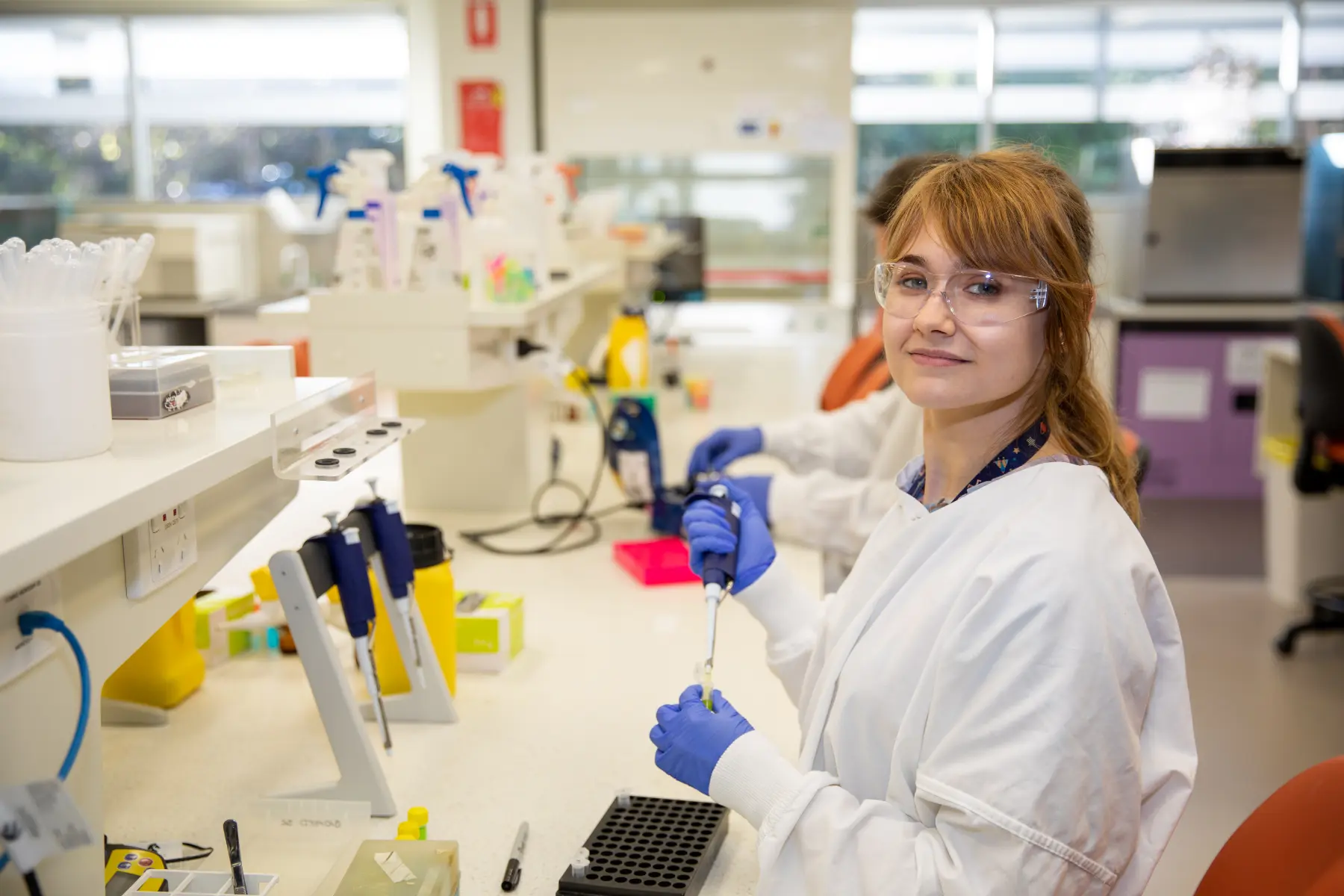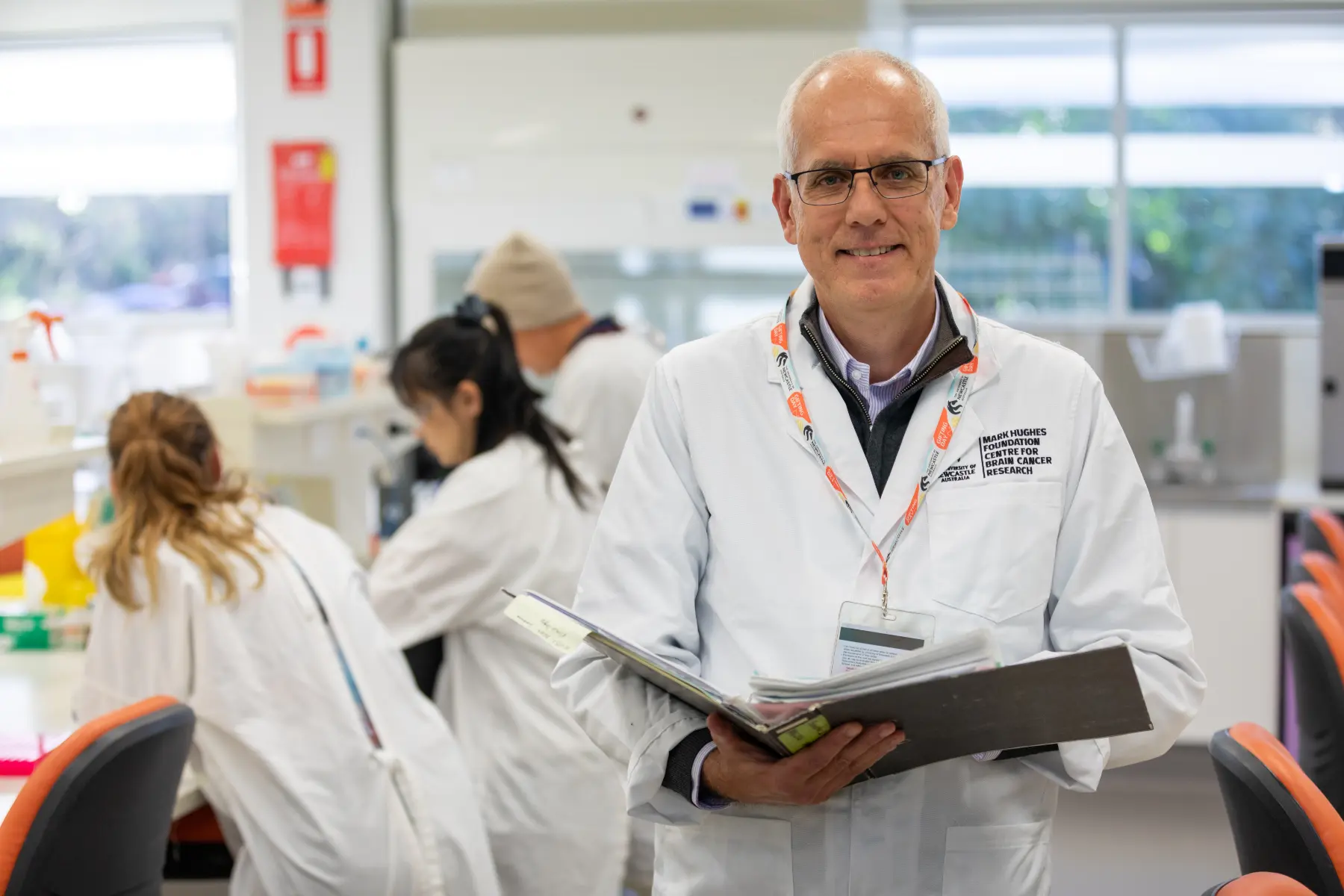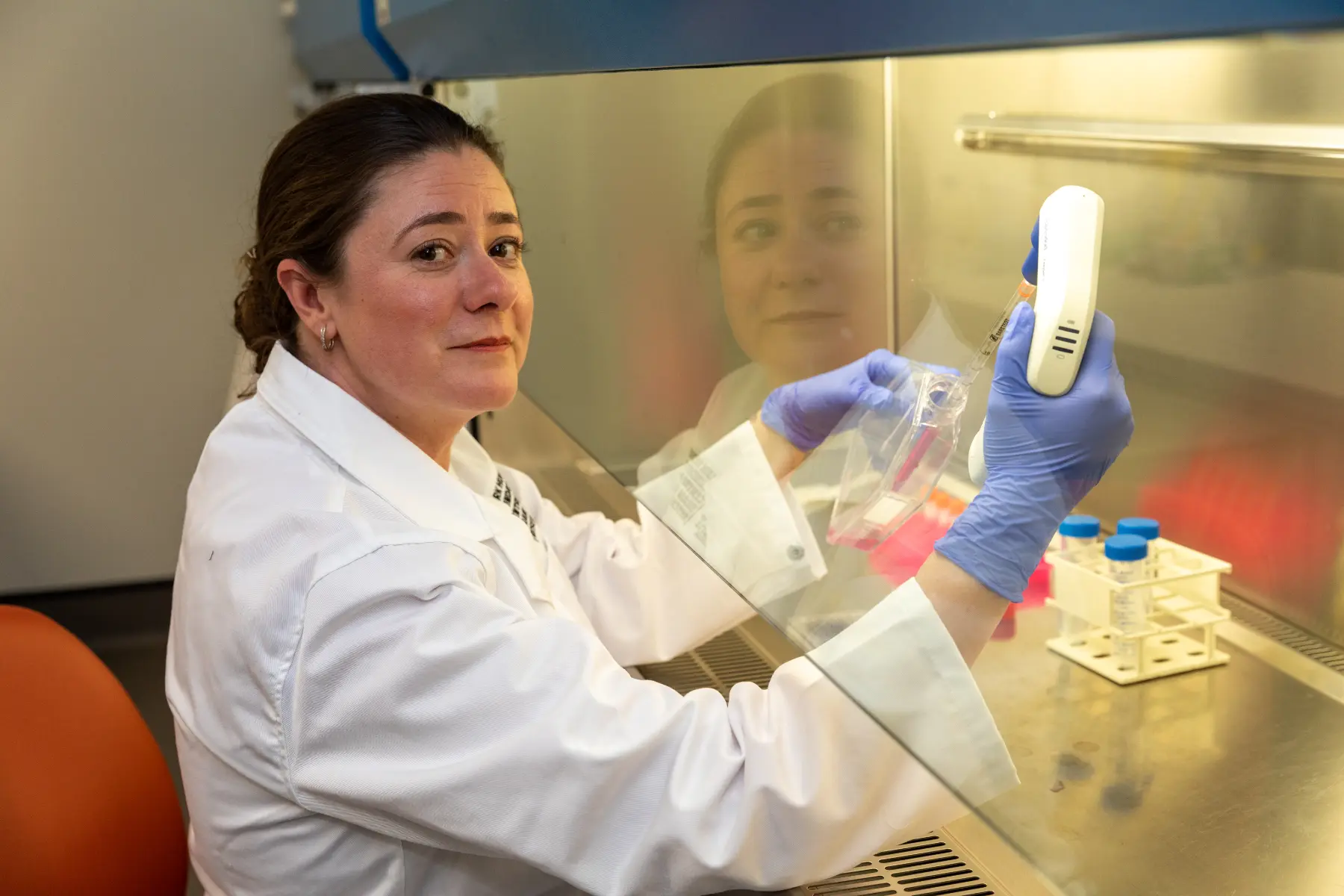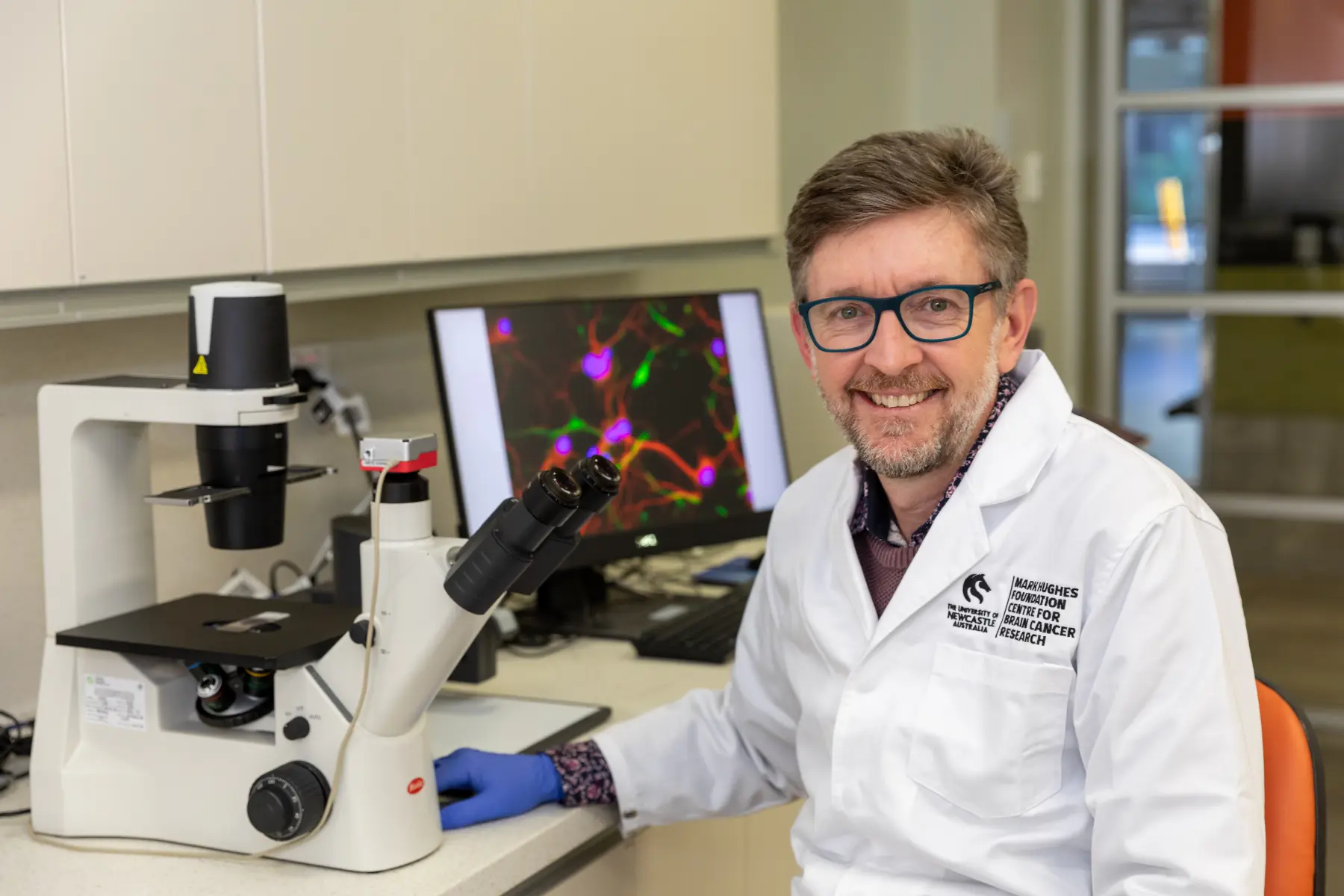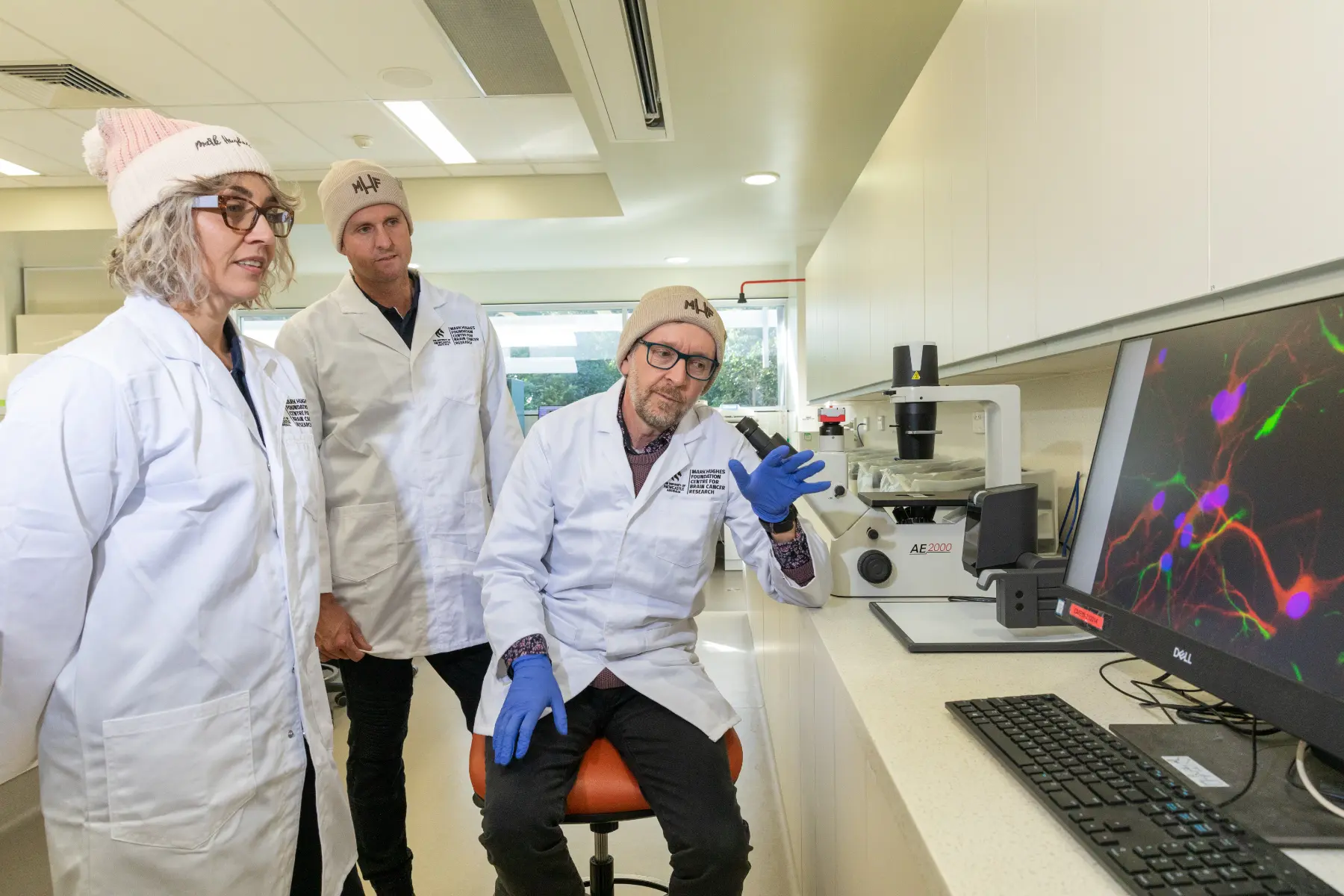Thank you to Doctor Craig Gedye who we have been lucky enough to get to know through his passion for cancer research and support of MHF over the years. Craig is one of the researchers involved in the Multi-Arm GlioblastoMa Australasia (MAGMA) trial which the Mark Hughes Foundation funded along with Carrie’s Beanies for Brain Cancer and the Australian Brain Cancer Mission.
Brain cancer is a challenging health problem to face. Brain cancers like glioblastoma and astrocytoma are (perhaps mercifully) relatively uncommon, so people suffering brain cancer are often treated in many different hospitals. It can be hard to coordinate studies and clinical trials between different hospitals and doctors, and so it can be more difficult to study and test ideas to improve treatments. We are extremely excited to be developing a new clinical trial for people with brain cancer, to be run by the Cooperative Trials Group
for Neuro-Oncology (COGNO) trying to reach out to as many patients and their doctors as possible across Australia (and hopefully in the future New Zealand too).
The clinical trial is called MAGMA (standing for Multi-Arm GlioblastoMa Australasia). The clinical trial aims to make small changes in the way that we use our existing treatments for brain cancer; small changes that we hope will have big impacts for future patients. Some clinical trials test new drugs or new treatments; these sometimes deliver a benefit but as often as not they can’t beat the standard treatment. MAGMA fills the gap in the other direction; when we have a treatment that we know does help, we seek to make it work better, aiming to keep people feeling well for longer.
The first two ideas (in the first two arms of the study) that we are testing in MAGMA are based around the chemotherapy drug commonly used in brain cancer, temozolomide. The standard treatment uses this chemotherapy drug daily with radiation treatment and then monthly for six months after radiation finishes.
Our two questions are 1) what if we started the chemotherapy as soon as possible after surgery, before the radiation starts? And 2) what if we carried on the monthly chemotherapy for as long as it seemed to be working – or can we take a break and start it again later if/when needed?
These kinds of simple questions have led to significant improvements in other cancers, and have changed how we recommend treatment to people with prostate cancer, ovarian cancer and other cancers.
We are incredibly grateful for the support of the Mark Hughes Foundation who are supporting the Australian Brain Cancer Mission that has provided the funding to support MAGMA through the Medical Research Future Fund.
Thank you to Craig and all of the other amazing researchers involved. We are only going to make improvements in brain cancer treatment if we all work together and support each other. We are tackling brain cancer together.

